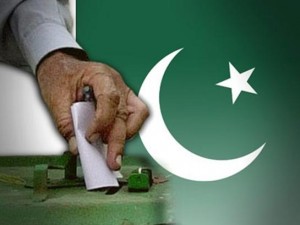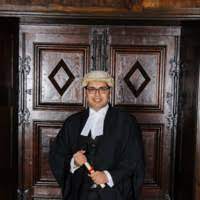 Pakistanis voted on May 11th, 2013: it was followed by the first democratic transfer of power in Pakistan. The general elections were largely free and fair, with the exception of some alleged rigging in Karachi, and some other parts of the nation. The polls recorded a massive, highest ever turnout of 60%.
Pakistanis voted on May 11th, 2013: it was followed by the first democratic transfer of power in Pakistan. The general elections were largely free and fair, with the exception of some alleged rigging in Karachi, and some other parts of the nation. The polls recorded a massive, highest ever turnout of 60%.
The polls saw Nawaz Sharif’s PML-N rise to power at the center and stay entrenched in Punjab, the largest province of the nation. Imran Khan’s PTI got a chance to set up a coalition government with the Jamaat-i-Islami in the troubled province of Khyber Pakhtunkhwa. Sindh will see a coalition of the PPP and probably the MQM, and a coalition government of Pakhtunkhwa Milli Awami Party, National Party and the PML-N in Balochistan.
Surprisingly, the former ruling PPP and its allies the PML-Q and the ANP faced bitter defeat. It seems as if, in the words of the Chief Justice of Peshawar High Court, “the people avenged the former rulers”.
 In Pakistani elections, there’s never defeat; there’s victory for one, and rigging for others. For the first time in Pakistani history, ANP accepted its defeat. Never had a political party displayed this great level of maturity and accepted the shortcomings of its government for its defeat in election. The others blamed rigging, the establishment and whatever their vivid imaginations could draw.
In Pakistani elections, there’s never defeat; there’s victory for one, and rigging for others. For the first time in Pakistani history, ANP accepted its defeat. Never had a political party displayed this great level of maturity and accepted the shortcomings of its government for its defeat in election. The others blamed rigging, the establishment and whatever their vivid imaginations could draw.

Leave a Reply